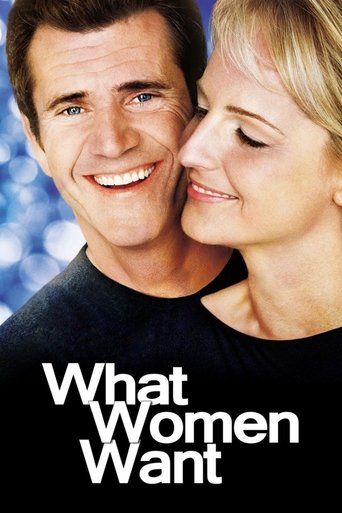Por fin un hombre escucha.
El ejecutivo de publicidad Nick Marshall es un arrogante machista, pero ¿qué pasa con un hombre machista, cuando de repente escucha lo que piensan las mujeres? Nick no consiguió un ascenso que daba por seguro, porque se lo dieron a una mujer: Darcy. Pero después de un accidente, es capaz de oír los pensamientos de las mujeres, y utiliza este talento para trabajar contra Darcy, su nueva jefa.
*Si nuestra moderación aprueba tu versión, será reemplazada y serás acreditado como autor del texto.
Año2000
Presupuesto70000000$
Duración127 minuto
Ingresos374100000$
GénerosComediaRomance
Países de producciónUnited States of America



